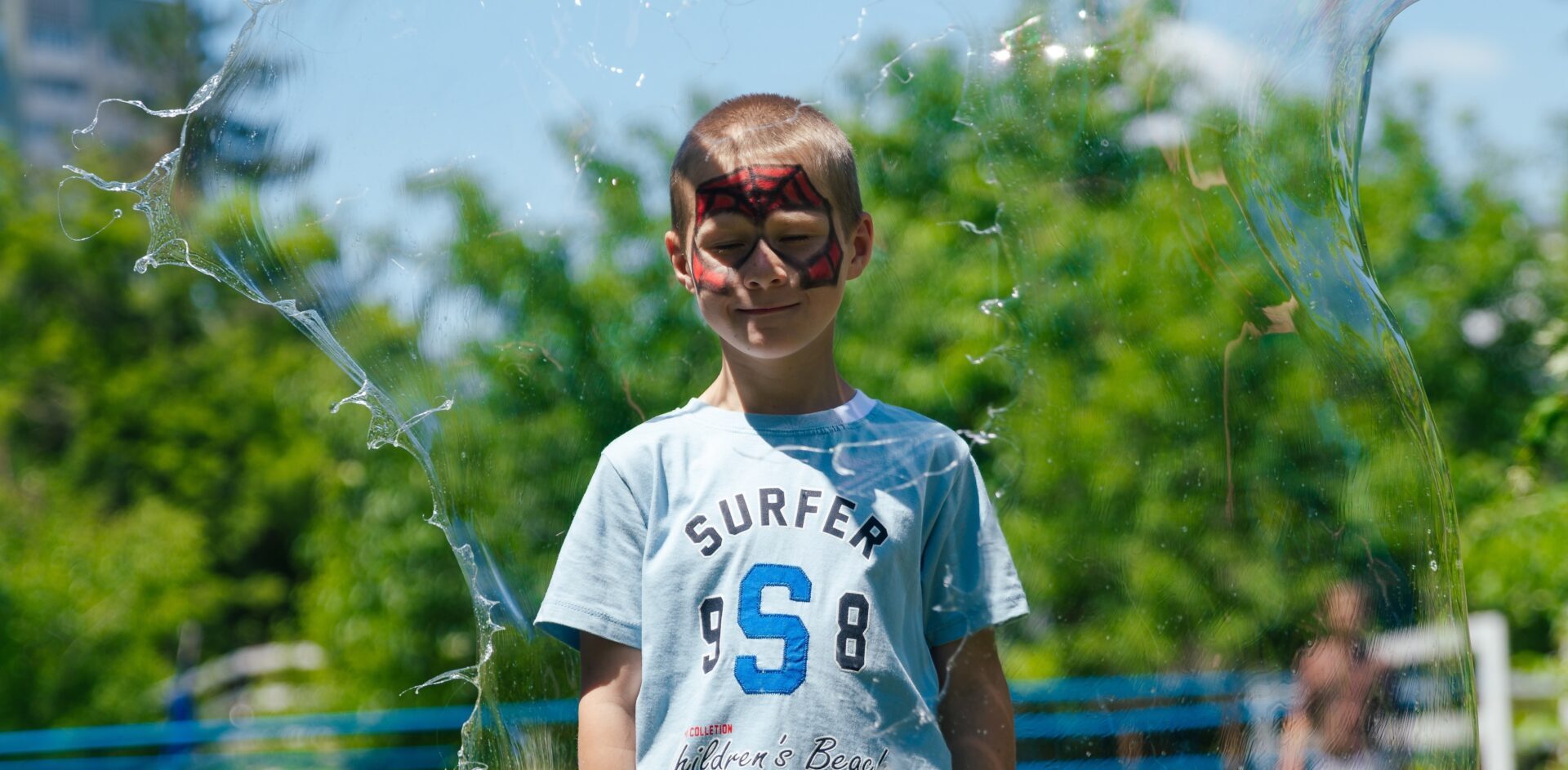“You miss freedom, privacy and normal communication. You don’t see anything outside the institution walls. I missed love, attention and care,” she says.
Moldova, like many post-Soviet nations, inherited a system heavily reliant on institutional child care. Prior to 2000, the country had over 17,000 children living in orphanages. Known in the country as residential institutions, they generally had austere conditions and provided a basic level of care and education.
Many children were placed in such institutions not because they were orphans, but because their families lacked the means to care for them, or because they had special needs that families struggled to address as the school system could not accommodate them. Single mothers, who were stigmatized at the time, were also pressured to abandon their babies, often giving false names at maternity wards and fleeing after birth. Young adults exiting orphanages came out with low levels of education and social skills, often leading to unemployment, addiction, crime and homelessness.
But over the past two decades, the Moldovan government has been dismantling this legacy of institutional care, working with non-profits and UNICEF to prevent family separation and reform the child care system. Closing orphanages has given way to building new social support systems for disadvantaged families and single mothers, with the goal of keeping children with their birth families whenever possible. Introducing inclusive education for children with special needs has also been key, destigmatizing what it means to have a child with a disability. Developing a network of compassionate foster families has been at the heart of this shift.
Our smart, bright, weekly newsletter is the uplift you’ve been looking for.
The launch in 2007 of Moldova’s National Strategy to reform its residential childcare system aimed to deinstitutionalize 50 percent of children housed in orphanages as the country began focusing on raising social standards to align with the rest of Europe, all in preparation for EU membership, which it is still negotiating. Today, only around 700 children remain in Moldova’s orphanages. By 2027, the goal is to have none.
The nonprofit Lumos Foundation has been at the center of this transition, setting up six new early child development and intervention community centers and seven early education facilities, designed to stop children ever entering the care system by helping keep families together. These centers supported around 1,337 children in 2023. The plan now is to launch 24 more early childhood intervention centers across the country.
Lumos has also collaborated with local authorities to reintegrate 1,100 institutionalized children into a family environment, either with their birth family or an adoptive or foster family. Finding and recruiting adoptive and foster families has been one of the biggest challenges.
Marcel Straton, Moldova country director for Lumos — which also operates in Ukraine, Kenya and Colombia — says Moldova needs to create more foster care services and improve how much financial support families receive. “It’s a 24-hour job, but they only get paid for eight hours a day […] We also need to create a temporary foster care system, so foster carers can take annual leave.”
Another challenge, adds Straton, is the high staff turnover in the social protection field. Many who had worked in the previous system ended their childcare career as it was difficult for them to adjust to the requirements and culture of the new system — both from a mindset and skills perspective. Recruiting and training new child support staff has been difficult, he says.
Irina Malanciuc is Lumos’ deputy director of programs. She joined in 2009 after working for the Moldovan Ministry of Health, during which time she was transferred to an orphanage called the Republican Baby Home, which took in children up to the age of six.
